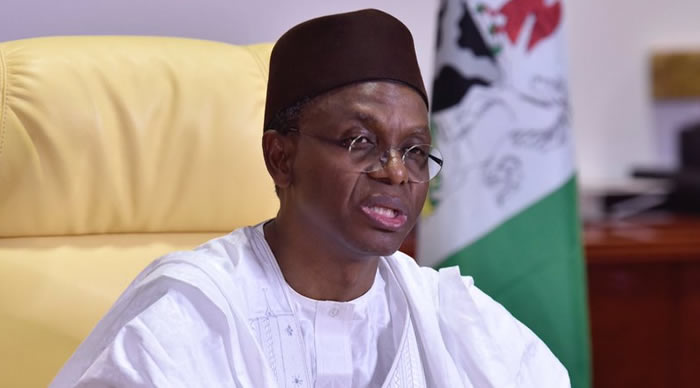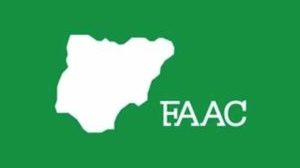The Federal Government said the country’s total export has appreciated by 59.9 per cent between 2016 and 2017 following the implementation of the Economic Recovery and Growth Plan (ERGP).
The Minister of Budget and Planning, Sen. Udoma Udo Udoma stated this at the FT Nigeria Summit in Lagos.
He said the agricultural sector export grew from N6.7 billion in 2016 to N170 billion in 2017, and that yam was among the products exported.
Udoma said the solid minerals export also rose from N44 billion in 2016 to N102 billion in 2017.
Speaking on the theme: “Delivering economic resilience,” he said the ERGP and other government policies had made great impact on the economy.
Udoma said the country’s business climate had improved with the government focusing on creating an environment for private sector investment.
“We have tackled those issues that made Nigeria not to be competitive in the past such as ease of getting visas and acquiring lands, among others,” he said.
The minister said the growth of other indices like foreign reserves, inflation rate, Gross Domestic Product were encouraging and made the economy more resilient.
“We have built up our foreign reserves, in June 2016 it was 26.51billion dollars but today it’s about 44 billion dollars,” the minister said.
He said the growth in the country’s reserves was achieved with prudent management.
He explained that the ERGP was a plan developed after a extensive consultation and was built on the work of the previous government.
According to him, the plan was designed to achieve more prosperous economy where Nigerians grow what they eat.
“It is to raise the productivity of Nigeria and Nigerians. We want to be a major engine of production where we produce enough for ourselves and enough for export to other countries.
“The plan drives the budget and drives all government activities,” he said.
Udoma said the plan helped the economy to get out of recession and ro become resilient.
He said the country had achieved 15 consecutive months of decline in inflation rate, which he said was still high.
“It is not where we want it to be, our target is single digit of nine per cent.
It is still too high but it is moving in the right direction,” Udoma said.
He added that the gap in exchange rate between the parallel market and official market was also narrowing and stabilising.
Udoma said the administration inherited a very challenged economy that was highly dependent on one commodity.
He explained that over 70 per cent of government revenue and 90 per cent of foreign exchange earnings depended on crude oil in the past.














